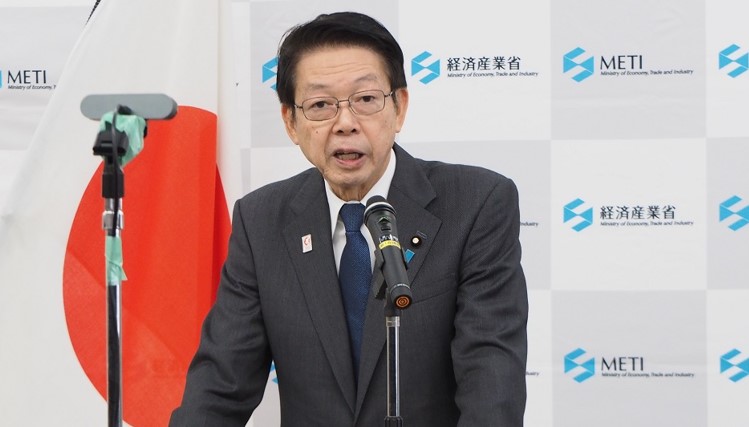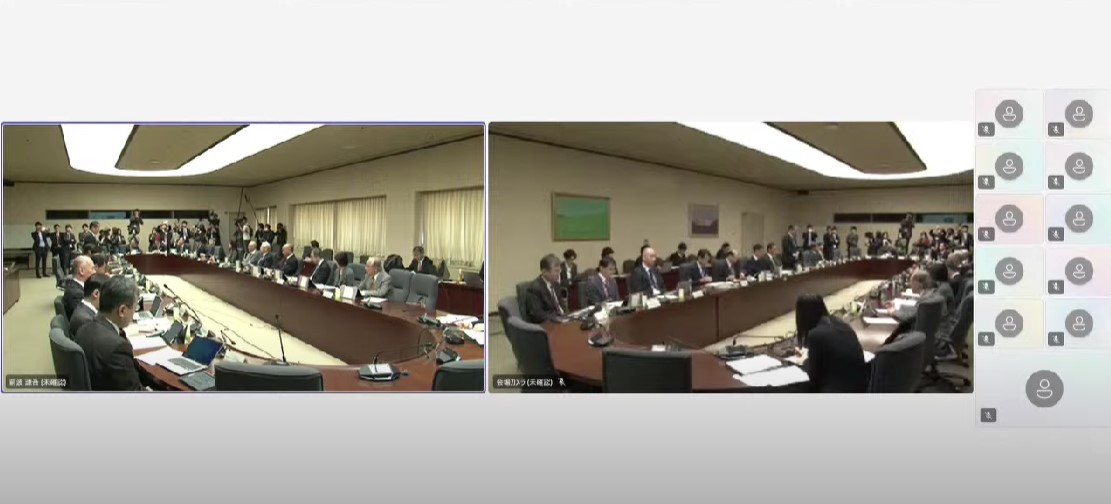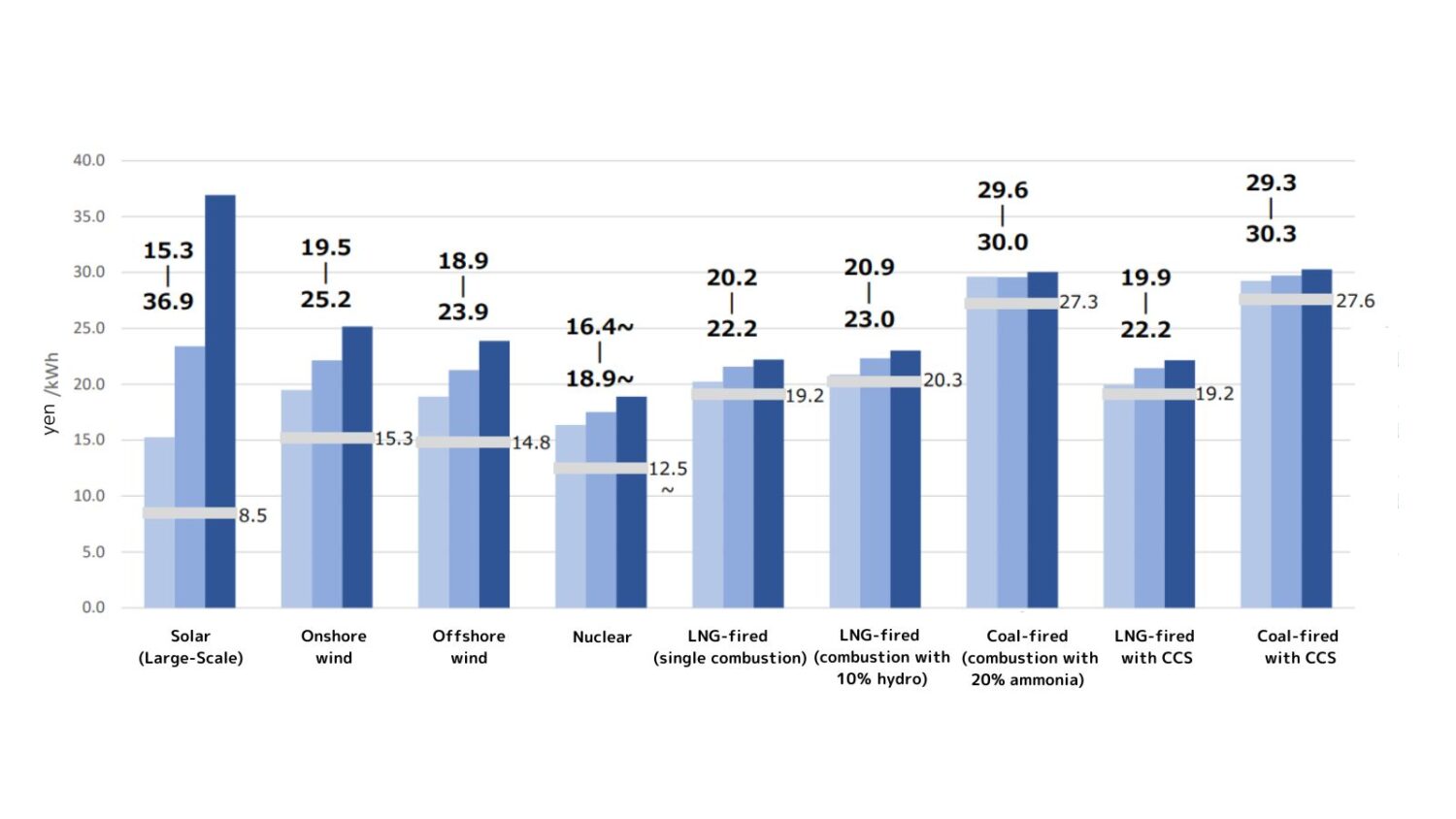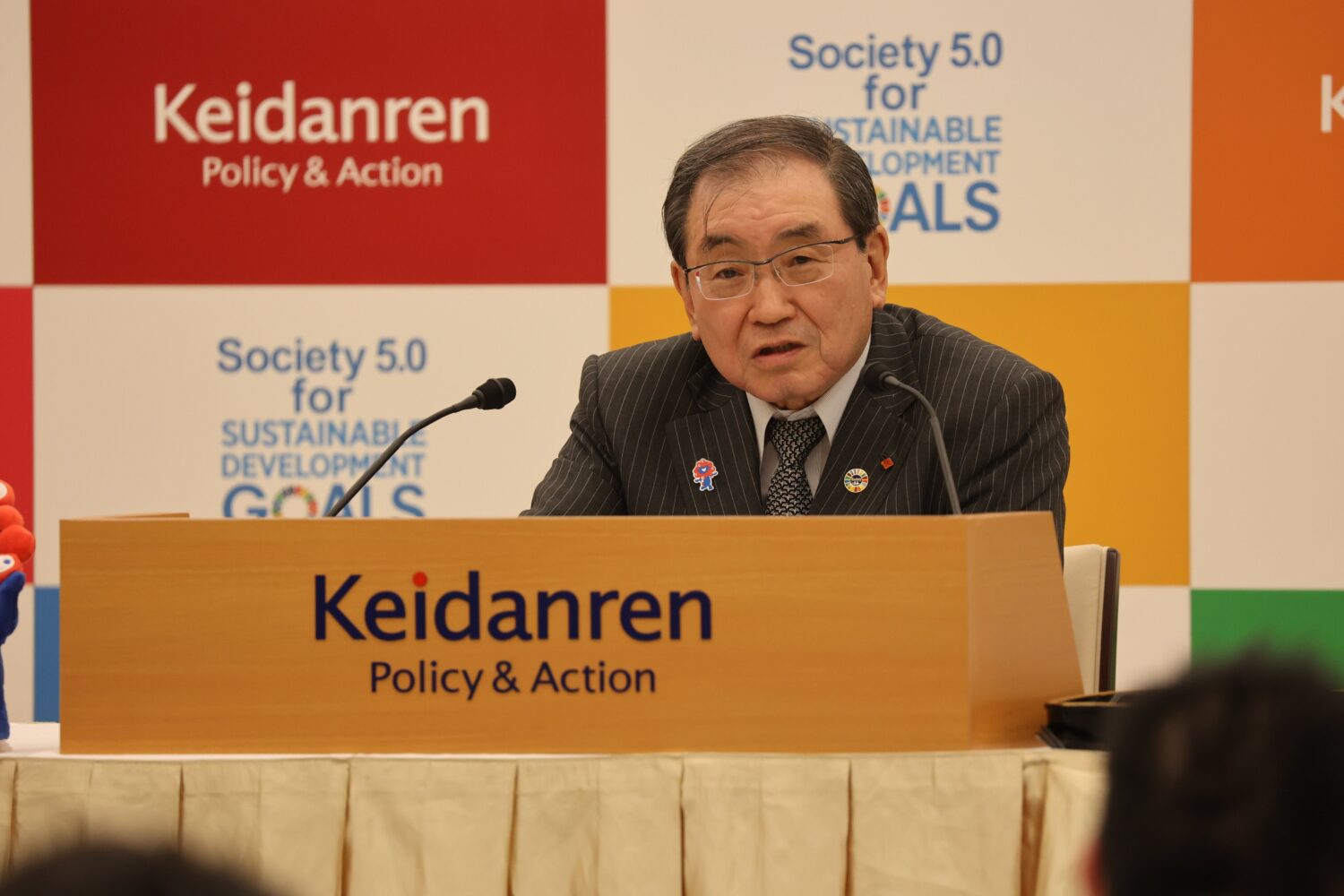The document was drawn up and issued publicly out of the need to further explain appropriately the Japanese government’s policy on managing plutonium, given increasing international concerns over such management and the desire to see a reduction in the substance’s quantities. For the sake of ensuring the plutonium balance, the document reiterates that Japan will stick to its policy of not possessing plutonium without a specific purpose.
The document first looks back at Japan’s energy situation, nuclear power, and the history of plutonium use based on the country’s nuclear fuel cycle policy. It also talks about research on commercial reprocessing, the commissioning of spent-fuel reprocessing to the UK and France, and the use of uranium-plutonium mixed oxide fuel (MOX fuel) in ordinary light-water reactors (LWRs).
The document makes clear that Japan has consistently adhered to a policy of not possessing plutonium without a specific purpose, and that its peaceful use is ensured to a high degree by the strict implementation of IAEA safeguards and the like.
As for prospects for the future, it maintains that the plutonium balance will be ensured. Although completion of the JNFL’s Rokkasho Reprocessing Plant and the JNFL MOX Fuel Fabrication Plant (J-MOX) may be delayed, there will be no large time gap between the completion of the two facilities, and the plutonium stockpile will not continue increasing. Japan’s target of reducing the stockpile will be achieved in the long term, it says.
Recognizing that information on Japan’s plutonium policy must be disseminated domestically and internationally in an easily understood manner, JAEC Chairman Yoshiaki Oka expressed his view that nuclear fuel cycle businesses involve long-time spans, and are the activities of the private sector. “We should wait and see how it progresses,” he said.


-1.png)

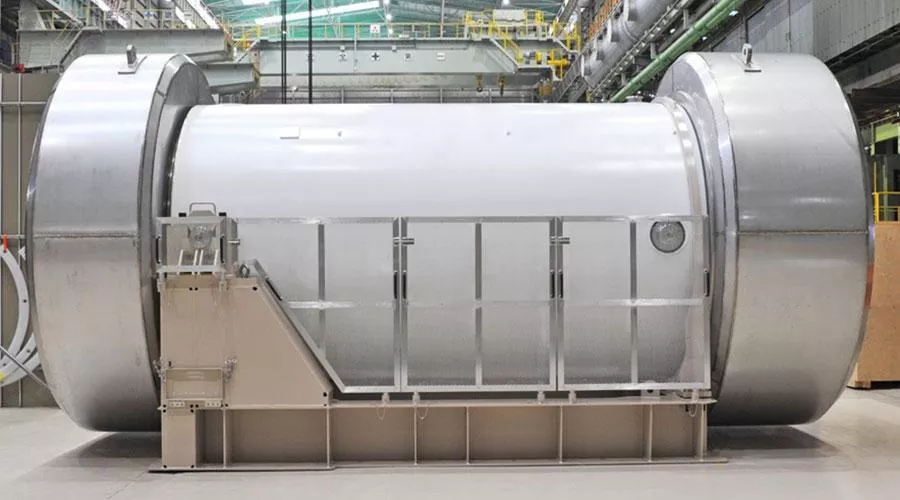
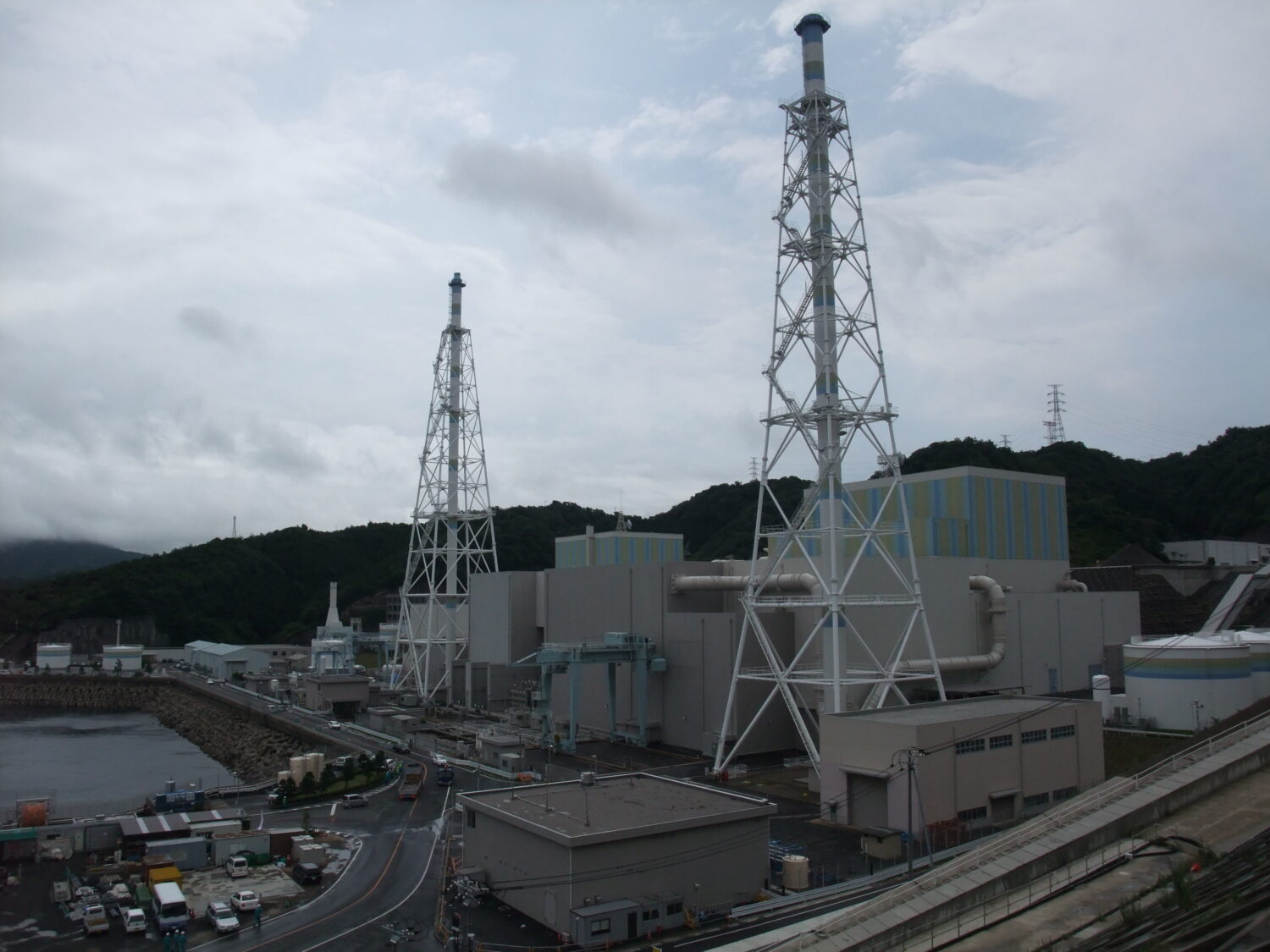

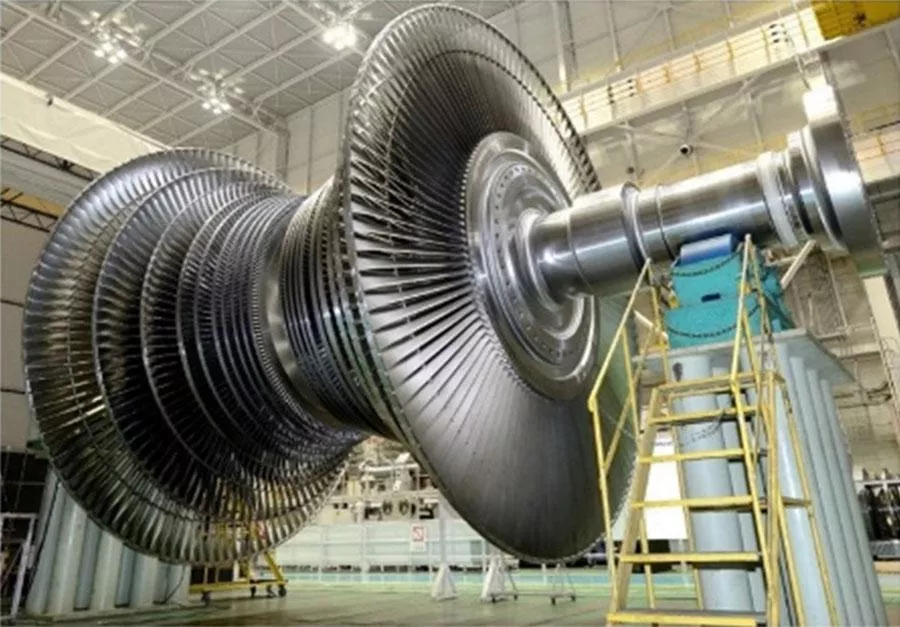

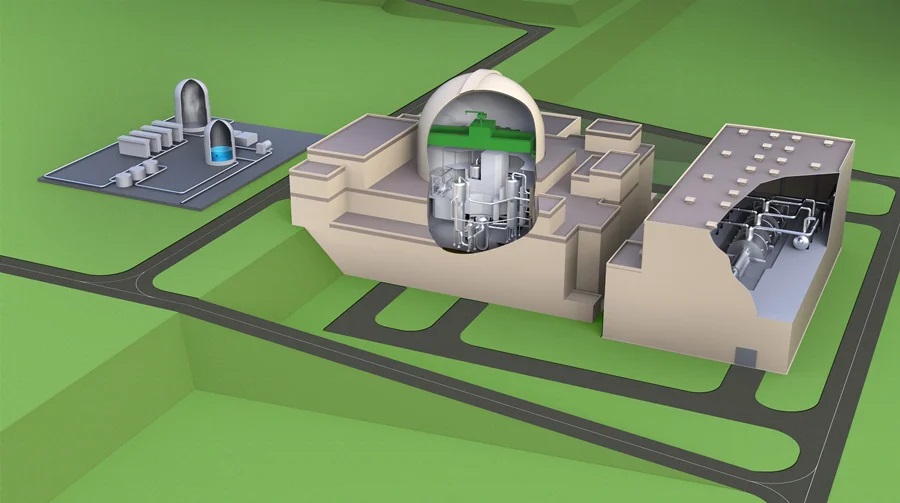
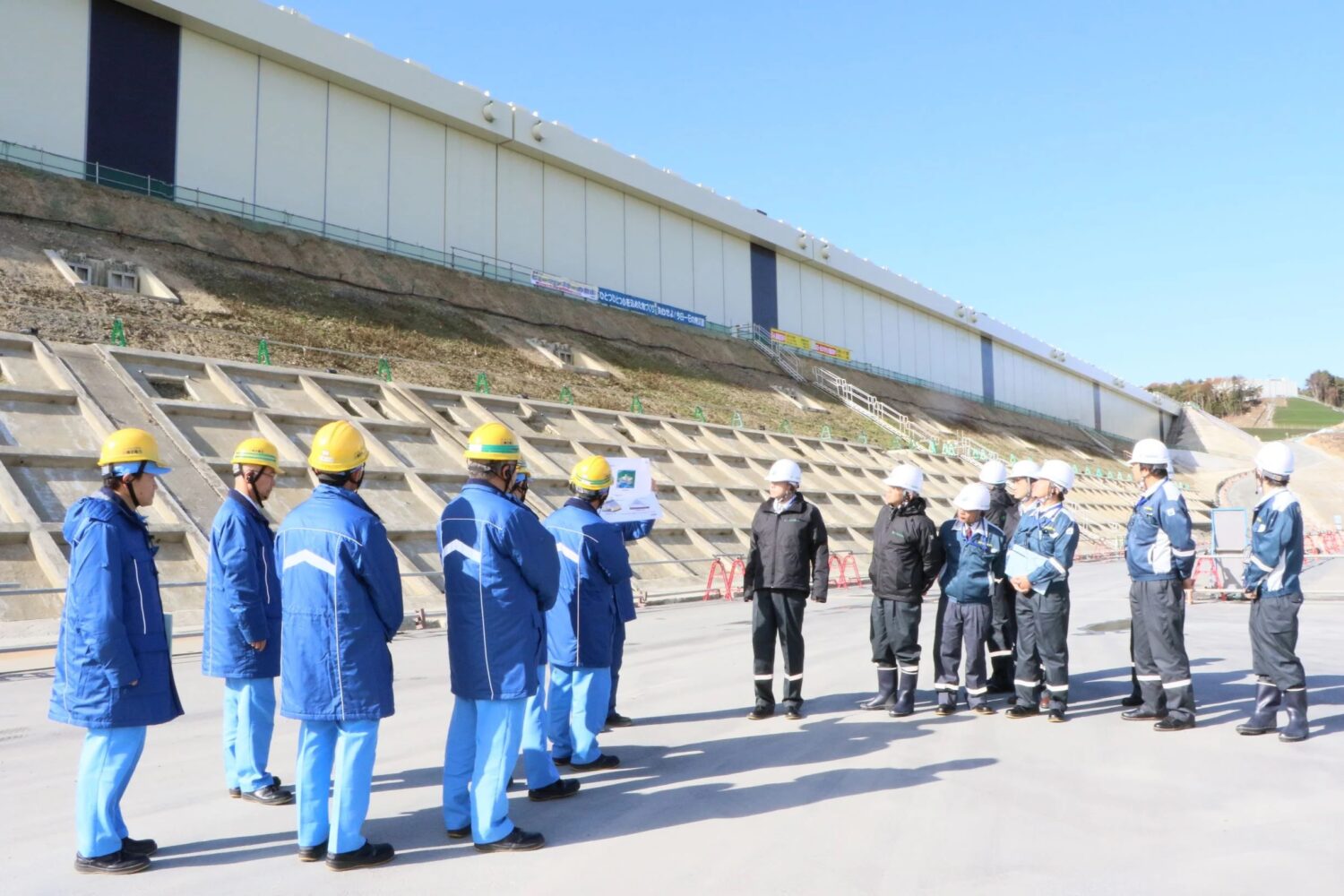
.jpg)




